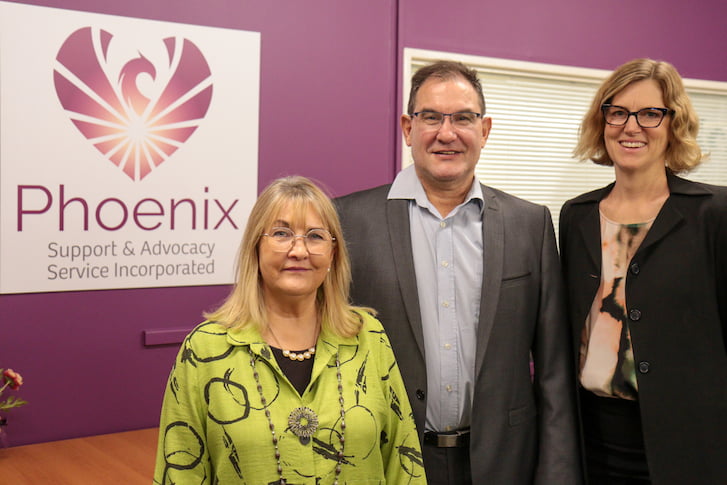Many people talk about blockchain and Bitcoin as though they’re one. But they are actually two different things.
Bitcoin uses blockchain. Blockchain is the technology operating Bitcoin.
Blockchain is a global system where information is distributed but never copied. It is like an electronic ledger system where transactions appear publicly and in order, and they can never be deleted.
There is no central party nor a central authority.
Dirk Baur, professor of finance with UWA and a Bitcoin researcher, says blockchain has never been hacked.
“What has been hacked is the exchanges on top of it, but not the original blockchain,” he says.
Blockchain has been shown to work with cryptocurrency, of which Bitcoin is one.
Cryptocurrency “was invented 10 years ago and that’s the only use case where it really works, and works for a long time,” Prof. Baur says.
Cryptocurrency, like Bitcoin, has no intrinsic value and is not backed by any institution or government. Professor Baur says many people try to put something real on a blockchain but that doesn’t work well, it undermines trust and the concept of blockchain is lost.
The first step in using blockchain is to request a transaction. This goes to a network of computers that are called nodes. These nodes verify both the user and the transaction with an algorithm.
The resulting information combines with other data to make a new ‘block’ of data. This block of data is added to the existing chain of blocks (blockchain). Then the transaction is completed.
Prof Baur says a lot of people claim to use blockchain but when he looks further into it, it’s often not a blockchain but more of a digital web application.
In some situations, he says it’s not even clear why people would want to use it. He believes blockchain is very good for finance applications, but not necessarily for other areas.
Some people in business say they have a lot of information, invoices, financing, logistics etc and want to use blockchain to organise that.
But Prof Baur says that centralisation of data is reverse blockchain because a key feature of blockchain is decentralisation.
He is not yet aware of anyone who has successfully done that. “Either it doesn’t work, or we are still at the very early stage (of blockchain usage),” Prof Baur says. “I haven’t seen anything that really works.”
He believes there is a lot of hype about blockchain, and finance is the main area he has seen it work.
A key advantage of blockchain is everything is virtual and cannot be copied and deleted, so there is trust.
However, when you connect real world items with blockchain, the ‘oracle problem’ happens.
This is where the block has to rely on a third party data source for the “truth”. If this third party data source is a person entering information, how do we know that information is 100 per cent honest without exaggeration or omission.
Prof Baur’s advice to businesses is be aware of new developments, be aware of what your competitors are doing but be careful, don’t get fooled, don’t rush into anything and don’t commit a lot of capital into developing it if you’re not confident it will work.






